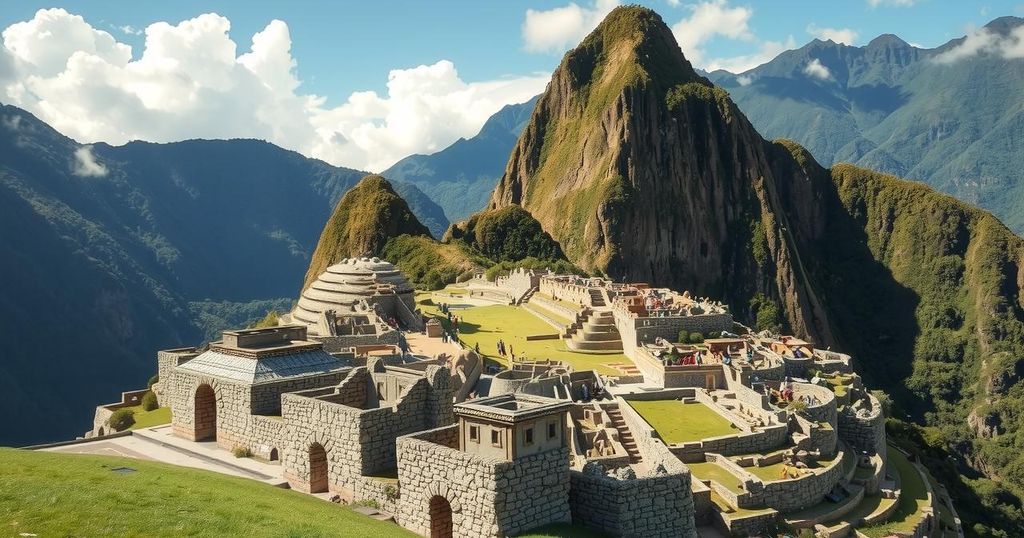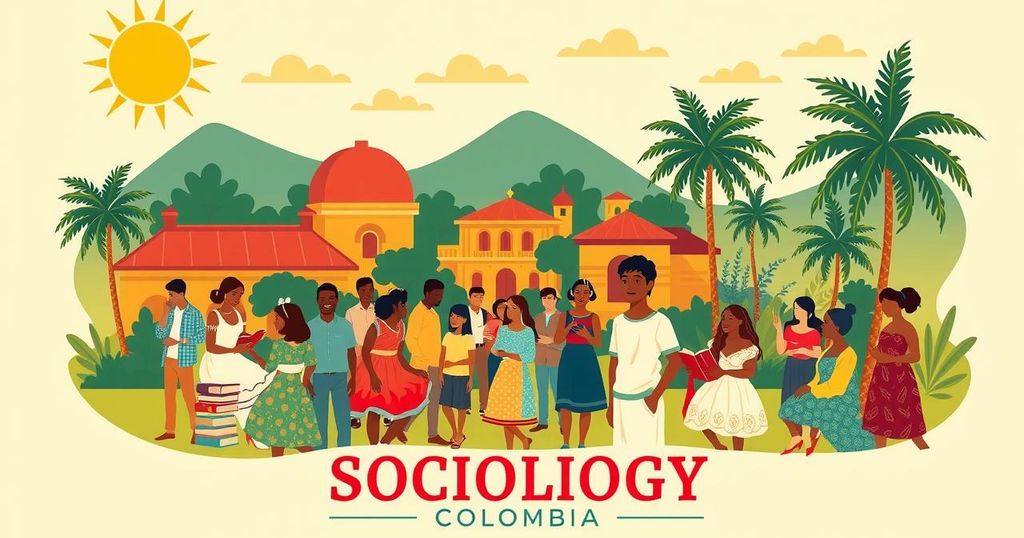In memoriam
ARCHAEOLOGY, BOLIVIA, CENTRAL MICHIGAN UNIVERSITY, CHAVEZ, CMU, COPACABANA PENINSULA, CUBA, CULTURAL HERITAGE, EDUCATION, HISTORY, KAREN MOHR CHAVEZ, MA, MAAZ AHMED, MUSEUM, NATIONAL CONGRESS OF PERU, NORTH AMERICA, OBITUARY, PERU, SERGIO CHAVEZ, SOUTH AMERICA, UNITED STATES, UNIVERSITY
Leila Ramsay
0 Comments
The Archaeological Legacy of Sergio Chavez: Bridging Communities and History
Sergio Chavez, Professor Emeritus of Anthropology at CMU, has dedicated his career to archaeological research in Bolivia after relocating from Peru due to political unrest. His initiatives include training local communities in archaeological practices, bilingual literacy programs, and addressing environmental challenges in Lake Titicaca. His work exemplifies the integration of archaeology with education and community engagement, earning him a lifetime achievement award from the National Congress of Peru.
Sergio Chavez, Professor Emeritus of Anthropology at Central Michigan University (CMU), began his journey in archaeology from a young age in Peru, influenced by his father. Throughout his career, which launched in 1982, he cultivated extensive archaeological research in the Lake Titicaca Basin of Bolivia, significantly impacting the field and local communities. His contributions to Andean archaeology have been recognized with a lifetime achievement award from the National Congress of Peru, signaling his commitment to preserving and enhancing local heritage while engaging in collaborative educational initiatives.
Chavez’s work in Bolivia was sparked by political unrest in Peru, prompting him and his wife, Karen Mohr Chavez, to relocate to the Copacabana Peninsula. There, they faced the challenge of conducting research as non-citizens, which spurred the development of a pioneering international collaboration focused on various fields connected to archaeology. Throughout his career, he emphasized the integration of local communities into archaeological projects, advocating for scientific methodologies and respectful preservation of heritage. His 2008 publication, “Managing Archaeological Resources,” included critical insights on local involvement in archaeological endeavors.
One of his notable achievements involved training local Aymara people in excavation and laboratory techniques, thereby fostering an informed approach to archaeological work. His commitment to education was further demonstrated through a bilingual education initiative he funded, which translated high school materials into Aymara, directly benefiting hundreds of local students and promoting literacy in the region. This educational outreach underscored the importance of cultural integration in Chavez’s archaeological philosophy.
While overseeing significant excavations of ancient temples, Chavez also strived to create sustainable tourist sites that would support the local economy. Despite initial resistance from local farmers, he successfully established a community museum to showcase artifacts, ensuring local access to heritage resources. Chavez’s ongoing environmental efforts, in collaboration with his wife, Stanislava Chavez, focus on addressing agricultural and industrial contamination affecting Lake Titicaca, thereby protecting public health.
In 2022, Chavez partnered with departments at CMU to tackle the pollution crisis through scientific analysis of lake water. His multifaceted work exemplifies the synergy between archaeology, education, and community service, as Chavez has effectively woven together scientific research with cultural stewardship, significantly enriching the lives of local residents while uncovering their ancient past.
The narrative of Sergio Chavez’s archaeological journey emphasizes the broader implications of integrating archaeology with community and educational initiatives. His early experiences in Peru shaped his approach to archaeology, which later evolved in response to the socioeconomic contexts of Bolivia. The environmental challenges present in Lake Titicaca, coupled with the necessity for local community engagement in archaeological projects, are critical aspects in understanding Chavez’s contributions to the field.
Professor Sergio Chavez’s extensive career from Peru to Bolivia illustrates the profound impact that archaeology can have when integrated with community involvement and educational advancements. His dedication to preserving history while fostering local engagement and addressing contemporary environmental issues highlights a holistic approach toward archaeology, showcasing the importance of cultural sensitivity and collaboration in enhancing both academic research and community well-being.
Original Source: www.cmich.edu




Post Comment